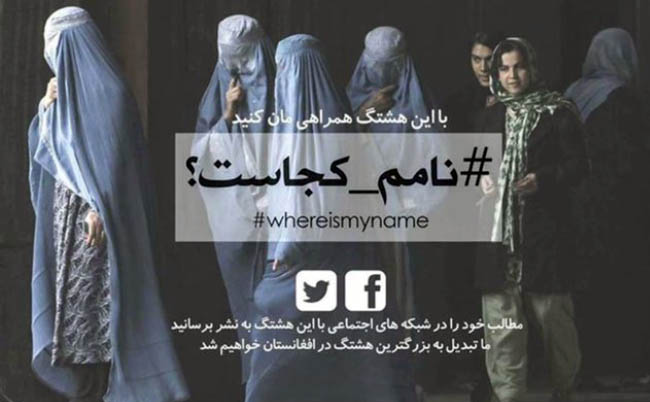I shoulder my way through a tunnel filled with light but the closer I get the dimmer the light becomes. Tunnel comes to end and I step on hard ground with fear. I stand up with trembling feet and set foot in a tortuous path. My confused mind is replete with tall and short names, which are related to me in some ways but I still wonder which one is “my name”. However pressure I put on my mind, I do not remember. Ambiguous voices are heard from far distance as if calling towards themselves. I move carefully to get to the voices. I get to a stone-built citadel with tall walls and doors. I enter one of the doors and see that the citadel is replete with people’s hustle and bustle and the names they state. I revise those names in my mind so as to find “myself” there. But, with great difficulty, I come to know that I am none of those names. “Who am I, what am I?” I cry. “What is my name?” The answers are just silence and disregard...! I move in the crowd and seek to attract their attention to myself. However, no one sees me, hears me or answers me. The hustle and bustle start again and “I” gradually fade into oblivion among the voices and inattentive crowd.
Namelessness means insignificance, invisibility and living in a dark and ghost-like world and gradual death in the crowd who neither knows nor wants to know you. The story of women’s namelessness in the traditional Afghan society is filled with torture and nightmare. The story of the death of signs and feminine identity in the valley of beliefs has been eroded. The story which begins with the denial of name and feature, knotted with thousands of restriction and deprivation and continues to the grave and beyond.
To campaign against historical injustice imposed on Afghan women, the demand for name under the title of “Where is my name?” is one of the key methods for gaining equality between men and women. Currently, as many individuals do not entitle women living a human life, the movement of demanding name might seem to them superficial and may not reflect the depth of women’s pain and sufferings. However, revising the issue will suggest that demanding name means demanding the reciprocation of all women’s violated rights in the country. Those who spare the true names from their wives and daughters, will trample upon a thousand of their similar rights as well.
Psychologically, selecting name is the starting point for one’s identity and personality and struggle for flourishing their individual talents. On the other hand, hiding name will be the beginning of enslaving not only one’s identity but also their personality. With the return of this right to Afghan women, their violated rights in the past will be recovered systematically and their pain and sufferings will be relieved. In the campaign for demanding name for women, it should be considered that hiding women’s names and feature in the country originate from Afghans’ deep-seated beliefs and traditions. Hence, recovering the right to name for Afghan women is in need of polishing the beliefs and traditions of the society regarding women, their role and status in social life.
With educational and intellectual struggles, we have to put an end to negligence and discrimination seeking to censor women’s names and should stress the positive role of women’s participation in the society. Men should be made understood that hiding women’s names is not only not in relation with Islam and religious feelings, but it will also be a preliminary issue in suppressing the proportion of great talents and opportunities and prevent them from growing in parallel with men’s.
The nightmare of women’s namelessness and anonymity should be explained to men. It must be said that the abominable tradition of hiding women’s name are rooted from certain weakness and spiritual and cultural vacuums and how its harm has engaged both men and women. They should know that although women seem the certain victim, this trend will continue sacrificing many daughters, sons, mothers and fathers for generations.
Those who hide the names of their wives and daughters, are believed to inherit great fear and confusion from history and their forefathers and putting a lot of effort into handing it down to the next generation. The movement of demanding name for women should target the chain of this historical banality with logic and reason. Indubitably, if any bullets, backed with sound mind, target this negative series, will alleviate the history of all our historical pain and sufferings. A persistent struggle in this regard will bestow “name” to Afghan women and “flying wing” to Afghan men, women, boys and girls in our mysterious land.
“Where is my name?” is not fantasy or intellectual, symbolic and showy performance under the pretext of justice for women but a true movement, serious step, and a conscious process for changing the destiny of men and women in this land. “Name” is the epitome of humanity and justice and “woman” is the symbol of life and blooming in this campaign. Accompanying this campaign is tantamount to accompanying the philosophy of life, creature and discovering the name of women, creativities and the virtue of a community.
Home » Opinion » Why am “I” Not Seen?
Why am “I” Not Seen?
| Monirah Yosufzada

